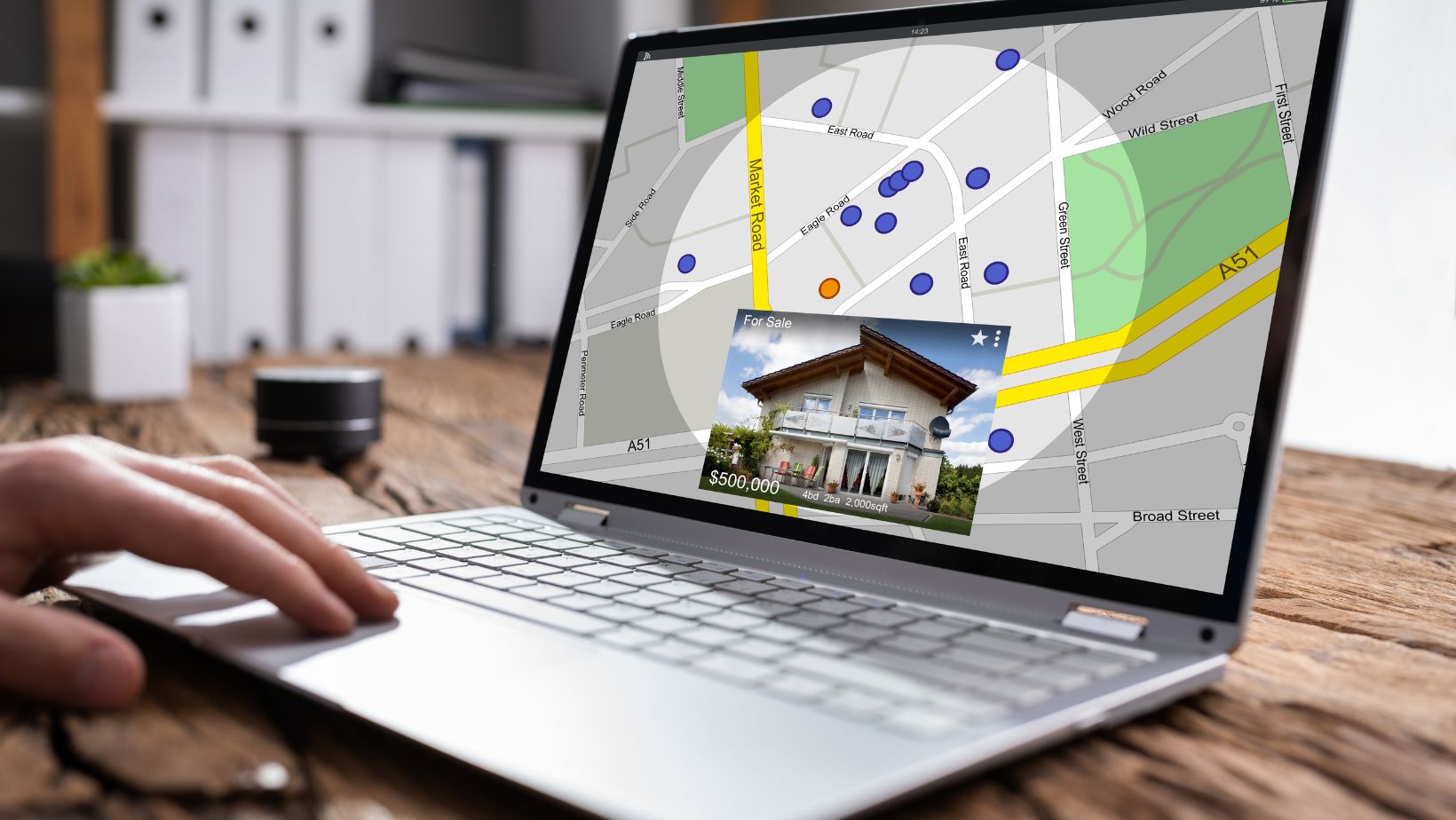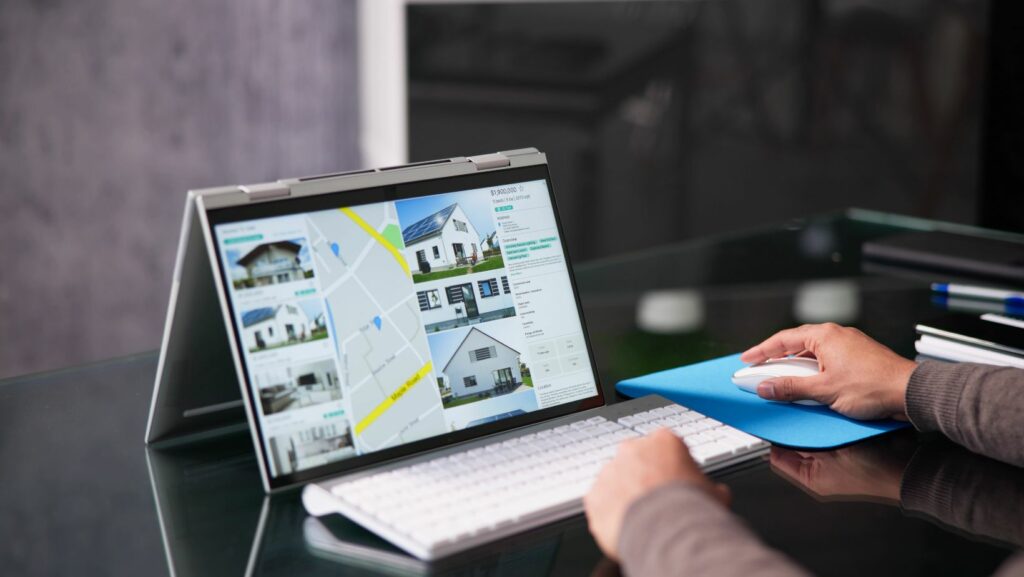The commercial real estate (CRE) landscape is undergoing a profound transformation, driven by the shift from manual, fragmented processes to unified and highly efficient digital operations. Property managers, investment firms, and asset holders are increasingly recognizing that generic, off-the-shelf software is no longer sufficient to navigate the complexities of the modern market. Instead, custom commercial real estate software is emerging as a critical strategic asset. These tailored solutions are fundamentally changing property management by enabling deep automation, providing unparalleled data visibility, and creating a superior experience for both tenants and investors. This evolution supports stronger relationships, increased long-term profitability, and the agility required to adapt to new market opportunities and challenges with precision.
Why Is Generic Software Failing To Meet Modern Cre Demands?
As the commercial real estate sector becomes more competitive and data-centric, the limitations of generic software platforms have become increasingly apparent. These one-size-fits-all solutions, while often providing a basic framework for property management, struggle to address the unique workflows, diverse portfolios, and strategic ambitions of modern CRE companies. Their inherent rigidity creates significant operational friction, hindering efficiency, and preventing firms from unlocking their full potential. The result is a growing gap between what generic tools offer and what the market demands for true competitive differentiation and operational excellence.
The Limitations Of One-Size-Fits-All Solutions
Generic SaaS platforms are designed to serve the broadest possible audience, which means they are built on compromises. They often lack the specific features needed to manage a diversified portfolio, such as one containing mixed commercial and residential assets, or specialized properties with unique compliance requirements. 
This forces property managers to create cumbersome manual workarounds or adopt multiple, disconnected tools to fill the gaps. Unlike custom-developed software that can be precisely aligned with a company’s unique processes, these off-the-shelf products impose a rigid workflow. This can stifle innovation and prevent teams from optimizing their operations, ultimately capping their efficiency and service quality at a level dictated by the software’s limitations rather than their own strategic goals.
Challenges With Data Silos And Poor Integration
One of the most significant failings of generic software is its inability to integrate seamlessly with a company’s existing technology stack. Property management firms rely on a variety of systems, including CRMs for client relations, accounting software for financials, and marketing platforms for leasing. When the core property management software cannot communicate with these other tools, it creates restrictive data silos. This fragmentation requires extensive manual data entry, which is not only time-consuming but also a major source of human error. The lack of a unified data source makes it nearly impossible to gain a holistic view of the business. As a result, generating comprehensive reports on building performance, portfolio profitability, or space utilization becomes a complex and often inaccurate exercise, undermining the ability to make timely, data-driven decisions.
The Struggle To Create A Unique Tenant Experience
In today’s market, tenant satisfaction and retention are paramount. Generic software often falls short in this area by offering standardized, unbranded tenant portals and communication tools. This prevents property managers from delivering a unique, branded experience that reflects their company’s service quality and values. Features may be limited, and the inability to customize the interface or integrate specialized services—like smart building controls or community event calendars—means a missed opportunity for differentiation. Custom solutions, in contrast, allow for the creation of custom-branded tenant portals and mobile apps that streamline everything from rent payments and maintenance requests to lease renewals. This level of personalization and convenience significantly enhances the tenant experience, fostering loyalty and giving landlords a distinct competitive edge.
How Does Custom Development Drive Efficiency And Roi In Property Management?
Custom software development acts as a powerful catalyst for transforming commercial real estate operations from a cost center into a value driver. By building a platform tailored to the specific DNA of a business, companies can move beyond the constraints of generic tools to achieve new levels of efficiency, scalability, and insight.
This bespoke approach directly impacts the bottom line by automating labor-intensive tasks, centralizing control over vast portfolios, and unlocking the strategic value of data. The result is a streamlined, intelligent operation that not only reduces costs but also enhances profitability and return on investment (ROI).
Automating core processes from leasing to maintenance
A primary driver of efficiency in custom CRE software is its capacity for deep automation. Tailored platforms can be engineered to handle a wide range of routine and repetitive tasks that traditionally consume significant administrative resources. This includes automating the entire leasing lifecycle from tenant screening and background checks to digital lease signing and onboarding. Furthermore, processes like rent collection, late fee calculation, and maintenance scheduling can be fully automated, which reduces manual work and minimizes human error. By digitizing these core functions, property managers can cut down on management overhead, ensure consistent service delivery, and free up their teams to focus on higher-value activities such as tenant relations and strategic planning. This automation directly contributes to lower operational costs and increased profitability.
Centralizing operations for scalable portfolio management
For CRE companies with growing or diverse portfolios, managing assets across different locations and types can become overwhelmingly complex. Custom software addresses this challenge by creating a single, centralized dashboard that consolidates all operational activities. From this unified platform, managers can oversee lease agreements, track service requests, monitor financial performance, and manage vendor contracts across their entire portfolio. This centralized control is crucial for scalability. As the company acquires new properties or diversifies its assets, the software can be easily expanded with new modules and features. This avoids the disruptive and costly process of migrating to a new system, ensuring that the technology grows in lockstep with the business and provides a stable, scalable foundation for long-term expansion.
Unlocking advanced analytics for data-driven decisions
Perhaps the most transformative aspect of custom CRE software is its ability to unlock advanced analytics and reporting. By breaking down data silos and integrating with various business systems—from accounting software to IoT sensors in buildings—a bespoke platform provides a comprehensive, real-time view of performance. This empowers managers and investors to move beyond simple financial reports and engage in true data-driven decision making. Custom-built asset management modules can track critical metrics like ROI, net operating income (NOI), cash flow, depreciation, and market trends. These powerful analytics and reporting capabilities help managers understand performance trends, optimize pricing strategies, identify new investment opportunities, and deliver transparent, investor-ready dashboards that build confidence and attract capital.
The role of strategic commercial real estate software development
Ultimately, the move towards bespoke platforms is not just an IT upgrade; it is a strategic business decision. Engaging in strategic commercial real estate software development allows a company to build a proprietary asset that directly supports its long-term goals. By working with a technology partner to design a system from the ground up, a CRE firm can embed its unique workflows, competitive differentiators, and growth strategies directly into its operational infrastructure. This process facilitates a true digital transformation, enabling firms to leverage advanced technologies like AI, machine learning, and IoT to enhance efficiency, automate complex processes, and gain a significant competitive advantage. The end product is more than just software; it’s a scalable, flexible, and intelligent engine for operational excellence and sustained growth.
What Are The Long-Term Strategic Advantages Of Building A Bespoke Cre Platform?
Investing in a bespoke commercial real estate platform is a forward-thinking strategy that delivers benefits far beyond immediate operational efficiencies. While the initial investment is greater than subscribing to a generic service, the long-term advantages create a powerful and sustainable competitive moat. These benefits manifest in key areas such as market differentiation, financial prudence, adaptability, and security, positioning a company for enduring success in a dynamic industry. Building a custom solution is about owning your technology roadmap and aligning it perfectly with your business’s future.
Creating a competitive advantage through differentiation
In a crowded market, the ability to offer a unique service is a significant competitive advantage. A bespoke CRE platform allows a company to design and implement features that competitors using off-the-shelf software simply cannot replicate. This could include specialized investor reporting dashboards that provide unparalleled transparency, a highly intuitive and feature-rich tenant portal that boosts retention, or proprietary analytical tools that identify market opportunities faster than anyone else. By building technology around company-specific service models, a firm can create a distinct value proposition that attracts and retains high-value tenants and investors. This differentiation shifts the competitive focus from price to value, strengthening the brand and market position.
Achieving a lower total cost of ownership over time
While custom software development requires a significant upfront investment, it often results in a lower total cost of ownership (TCO) over the long run. Generic SaaS platforms operate on a subscription model, with recurring fees that often scale with the number of users, properties, or units. As a portfolio grows, these costs can escalate dramatically. With a custom-built solution, the primary expense is in the initial development. Once deployed, there are no recurring license fees. The ongoing costs are limited to maintenance, support, and periodic updates, which can be managed and budgeted for more predictably. For large or expanding portfolios, the one-time investment in a proprietary asset becomes far more cost-efficient than paying perpetual fees to a third-party vendor.
Ensuring future-proof flexibility for market changes
The commercial real estate market is in constant flux, influenced by economic shifts, technological advancements, and evolving tenant expectations. A key strategic advantage of custom software is its inherent flexibility. Because you own the source code, the platform can be adapted, expanded, and integrated with new technologies as business needs and market conditions change. Whether it’s adding a module for a new asset class, integrating with emerging IoT smart building technologies, or adopting a new payment solution, a bespoke system can evolve with your strategy. This agility ensures the platform remains relevant and effective for years to come, preventing the common problem of outgrowing a rigid, third-party system and facing a disruptive and expensive replacement project.
Enhancing security and compliance management
Data security and regulatory compliance are non-negotiable in the real estate industry. Custom software provides a significant advantage by allowing for the implementation of robust, industry-specific security protocols tailored to the business’s unique risk profile. This includes advanced data encryption, secure access roles based on user responsibilities, and comprehensive audit trails to track all system activity. Furthermore, a bespoke platform can be designed to facilitate compliance management by integrating legal and regulatory requirements directly into its workflows. This helps ensure adherence to local property laws, financial regulations, and data privacy standards like GDPR or CCPA, reducing legal risks and protecting the company’s reputation and sensitive information far more effectively than a generic solution can.
How Do You Choose The Right Technology Partner For Your Digital Transformation?
Embarking on a digital transformation journey with a custom CRE platform is a major undertaking, and its success hinges almost entirely on selecting the right technology partner. This decision goes beyond finding a vendor who can simply write code. It requires identifying a partner who understands the intricacies of your business, possesses deep technical expertise, and is committed to a long-term, collaborative relationship. The ideal partner acts as a strategic guide, helping you navigate the complexities of development and ensuring the final product not only meets but exceeds your strategic objectives.
Evaluating expertise beyond the real estate sector
While experience in real estate is valuable, a truly innovative partner often brings a breadth of expertise from other industries. Challenges in CRE, such as complex financial modeling, data analytics, and user experience design, have parallels in sectors like fintech, retail, and manufacturing. A partner with cross-industry knowledge can introduce novel solutions and proven technologies that might not yet be common in real estate. This cross-pollination of ideas can lead to a more robust, secure, and user-friendly platform. For instance, a firm with deep business process expertise across multiple sectors, such as Hicron Software, can leverage its experience from over 3000 projects to deliver solutions that are not only technologically advanced but also grounded in a comprehensive understanding of complex enterprise needs, fostering true innovation.
Finding a partner for end-to-end custom software solutions
The development of a custom CRE platform is a multi-stage process that includes strategy, UI/UX design, engineering, quality assurance, deployment, and ongoing support. Choosing a partner who can manage this entire lifecycle—an end-to-end provider—is critical for a seamless and successful project. An end-to-end partner ensures continuity, accountability, and a cohesive vision from the initial concept to the final product and beyond.
They act as a single point of contact, simplifying communication and project management. When evaluating potential partners, it is essential to look for evidence of their ability to deliver comprehensive digital transformation solutions. A thorough review of their portfolio and client testimonials, often available on their primary domain like hicronsoftware.com, can provide clear evidence of their capabilities in delivering complex, tailored systems from start to finish.

